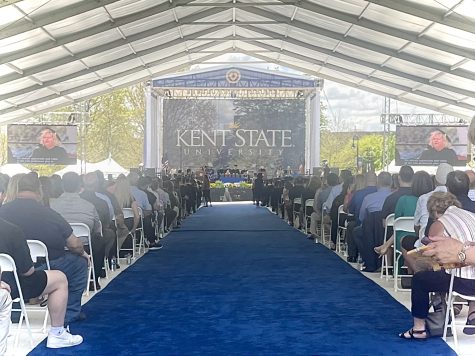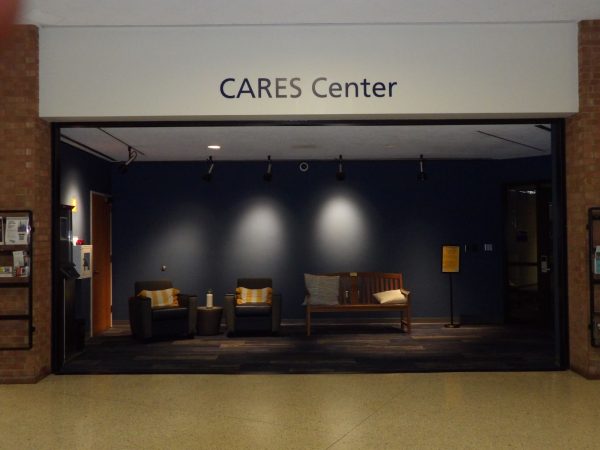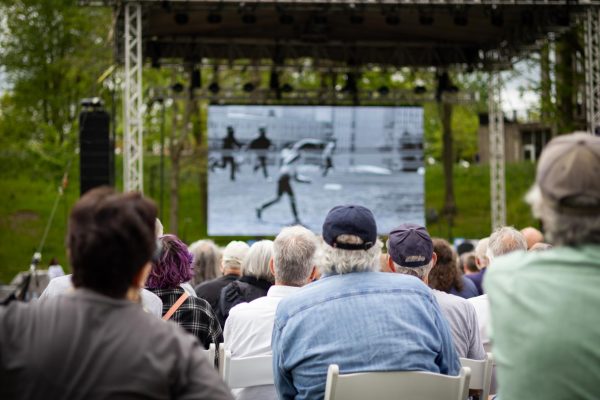Student can get paid for participating in KSU research projects
February 25, 2008
Associate dance professor Kim Karpanty, coordinator of the Musical Theater program, Terri Kent and Acting and Movement professor Eric van Baars watch and evaluate as a group of musical theater hopefuls perform in their dance portion of the audition proces
Credit: Ron Soltys
Kent researchers in the area of cognitive psychology are seeking several hundred volunteers to participate in 15 to 20 research projects to help them understand how students study and learn.
To entice students to participate, the psychology department is offering a green incentive: cash.
Each semester, the Kent psychology department produces between 40 and 60 research projects.
Research is conducted at Kent Hall, in a variety of private rooms or labs and requirements vary per study. For one study, a participant may be asked to fill out a few questionnaires, then take some short tests and drive on an arcade-style driving simulator.
Another study may be as simple as completing a few tasks then answering a few questions about them.
“Without volunteers, research could come to a screeching halt,” said Katherine Rawson, assistant professor of psychology and experimental cognitive research.
Participants are available to the psychology department via two avenues: Introductory-level classes (general psychology) and those who volunteer for payment.
“Participating in research is a way to experience some depth to go with the breadth of content in an intro course,” Rawson said.
In addition, students will learn to understand how psychological research gets done and where all those high-level conclusions come from, Rawson added.
Paying the students for participation benefits both the students and the psychology department, said graduate assistant Mary Pyc.
“Students get paid,” Pyc said, “and learn something about psychology, and we are able to collect the data we need to move our research program forward.”
Payment varies from study to study.
“For some studies, participants are entered in a raffle for one or more prizes in return for participation,” Rawson said, “whereas in other studies, each participant is compensated for participating, usually between $20 to $40, depending upon how long the study takes.”
Kate Guerini, a cognitive aging research assistant, said studies are diverse and with such a wide range of studies to choose from, students are sure to find one that is of interest to them.
“Studies range from research investigating people’s body image to studies exploring ways to help students learn better,” Rawson said.
In other departments, studies range from romantic relationships among adolescents to research with children.
To participate in research for payment, go to their website and establish an account. Once in the system, students will be able to register for studies that pique their interest.
Contact graduate offices reporter Stacy Rhea at [email protected].























